Swiss vote is “clear and simple”
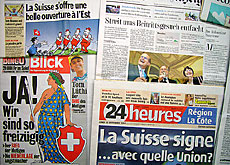
The Swiss press has welcomed Sunday's vote in favour of extending a labour accord with the European Union, saying pragmatism had won over fear.
But analysts agree that the result does not mean the end of negotiations, since bilateral ties are still evolving.
After all the uncertainty and nail-biting, nowhere in the Swiss press will you find mention of just “the yes vote” – it is, without exception, “the clear yes vote”.
Swiss voters agreed by a majority of 56 per cent to extend the free movement of people accord with the European Union to the ten new EU member states.
The result was clearer than expected and the press is unanimous in its approval.
French-speaking cantons voted in favour, as did a majority of German-speaking areas. A few of the smaller cantons in central Switzerland as well as Italian-speaking Ticino said “no”.
European confession
The mass-circulation Blick said the “self-assured” clear yes vote was a “victory for the brave” and a “defeat for the fearmongers”.
“Switzerland is the only country in Europe whose people have voted yes to both Schengen and eastern expansion,” it noted. “You can’t get any more European.”
It also pointed out that this was the first time in a European referendum that fear of Europe did not play a big role among the no campaigners.
It said the deciding issue was the social question, that after all these years without growth people feared for their livelihoods.
The Tages-Anzeiger said the “surprisingly clear” yes “ignited” the debate about EU membership. A request for full membership was frozen in the wake of Swiss voters’ rejection of the European Economic Area treaty in 1992.
The Zurich-based paper said that in the tricky area of immigration, Switzerland “had made a clear European confession”.
What’s more, it said, Switzerland’s direct democracy meant this confession was not decreed from above but legitimised by the sovereignty. “This uniqueness will influence our relationship and future discussions with the EU,” it said.
The Neue Zürcher Zeitung (NZZ) agreed, adding that for the third time Swiss voters had come out clearly in favour of bilateralism with the EU.
“Switzerland has shown that it is a dependable treaty partner for an EU in crisis, but a partner that wants to preserve its sovereignty,” it said.
National unity
Approval of the accord was particularly strong in western Switzerland, but the NZZ said the “Röstigraben” – the perceived divide between French- and German-speaking areas, had been “bridged” – a point made by many of French-language dailies.
“The EU has crossed the Röstigraben. The bilaterals have healed it,” headlined the Tribune de Genève.
“With a less europhobic German Switzerland and a less europhile French Switzerland, national unity has widely been recreated in the European set of documents,” it said.
The Lausanne-based 24Heures was one of the most cautiously optimistic papers. “A reasonable pact, before a forced marriage,” was its headline.
“For the time being it is essential to wait,” it said. “Without withdrawing our application of membership (a pointless insult to all our neighbours) or activating it (absurd given the current situation within Switzerland).”
Le Matin said the government now had to table all the documents “and decide on the speed of our march towards Europe”.
“Nothing can stop that,” it concluded.
The Tages-Anzeiger, looking ahead, believed “this [result] doesn’t mean that political debate about Europe has come to an end”.
It said not only will opponents start working on the next referendum on EU expansion to Bulgaria and Romania in 2007 or 2008, but will now keenly discuss the issue of whether Switzerland should withdraw its membership application.
Foreign approval
The result of Sunday’s vote was also generally welcomed by the foreign press.
The Geneva correspondent of the International Herald Tribune welcomed the fact that Switzerland was the first country in western Europe whose people approved of opening up to workers from eastern Europe.
Le Monde said in its online edition that Switzerland “had opened its doors to eastern European workers”.
Paris’s Libération noted that the most important German-speaking Swiss cities – Basel, Bern and Zurich – had given an even clearer positive signal than some cities in western Switzerland, which is traditionally more pro-European.
Der Standard in Vienna reckoned Switzerland had taken a further step closer to Europe. It added that EU entry was now no longer a serious proposition only for pro-European Swiss.
However, it closed its piece with: “Switzerland and Europe? So near and yet so far.”
swissinfo, Thomas Stephens
Final result of Sunday’s vote:
Yes: 56%.
No: 44%.
The extension of the treaty on the free movement of people was supported by 19 cantons.
It was rejected by seven cantons.
Under the terms of the accord Switzerland will gradually open its labour market to the ten new EU member states.
The new EU member countries are: Poland, the Czech Republic, Hungary, Slovakia, Slovenia, Estonia, Latvia, Lithuania, Malta and Cyprus.
The Swiss parliament has already approved additional measures to prevent wage dumping and other abuses of Swiss labour standards.

In compliance with the JTI standards
More: SWI swissinfo.ch certified by the Journalism Trust Initiative

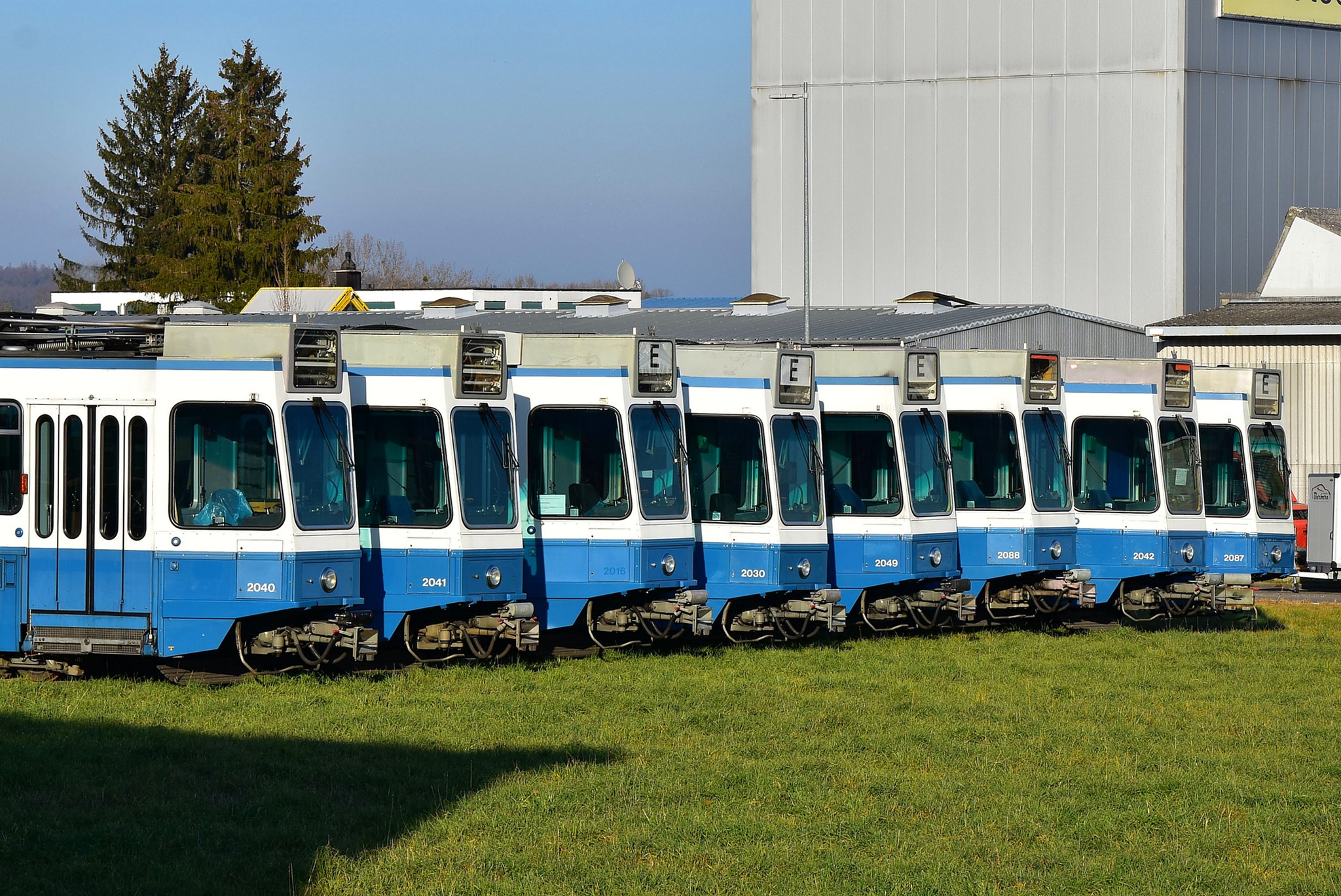

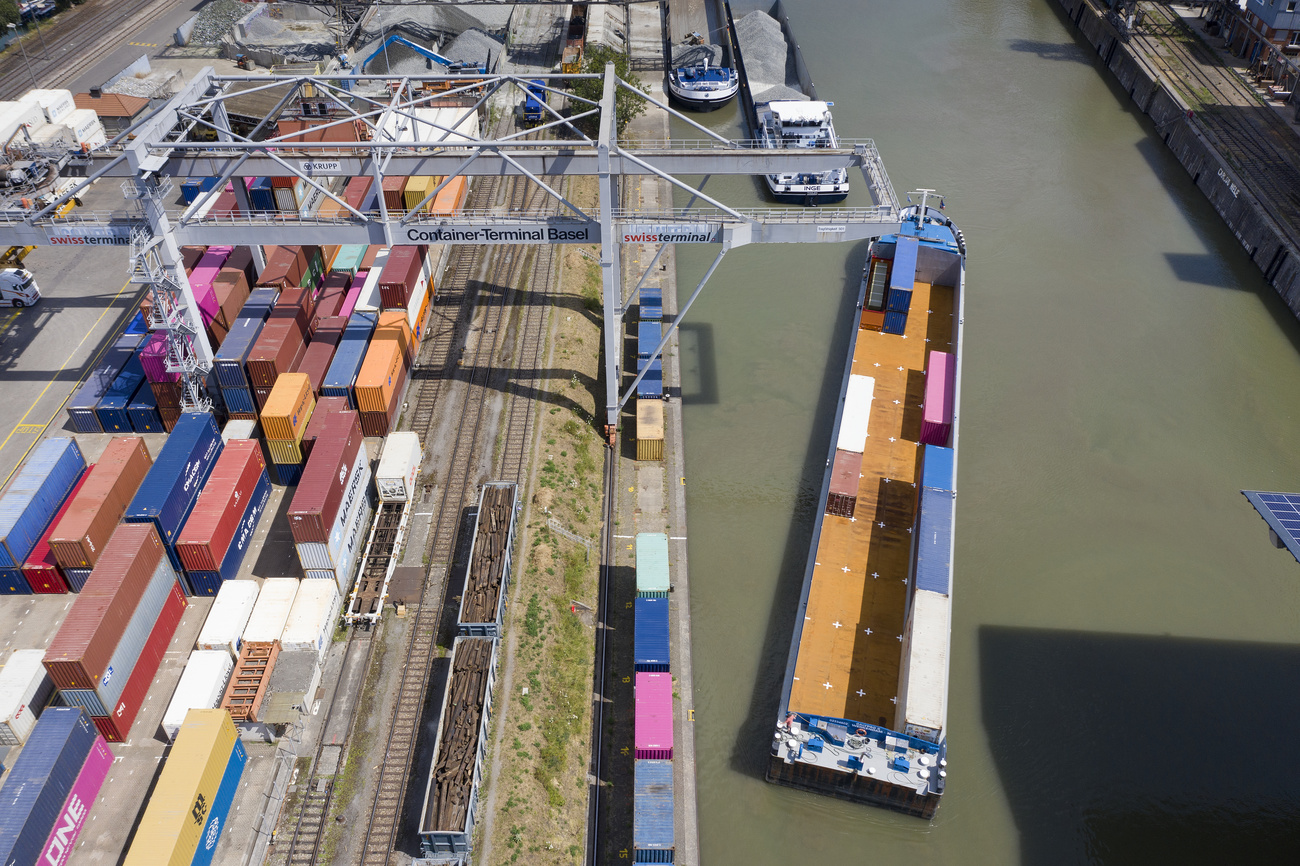

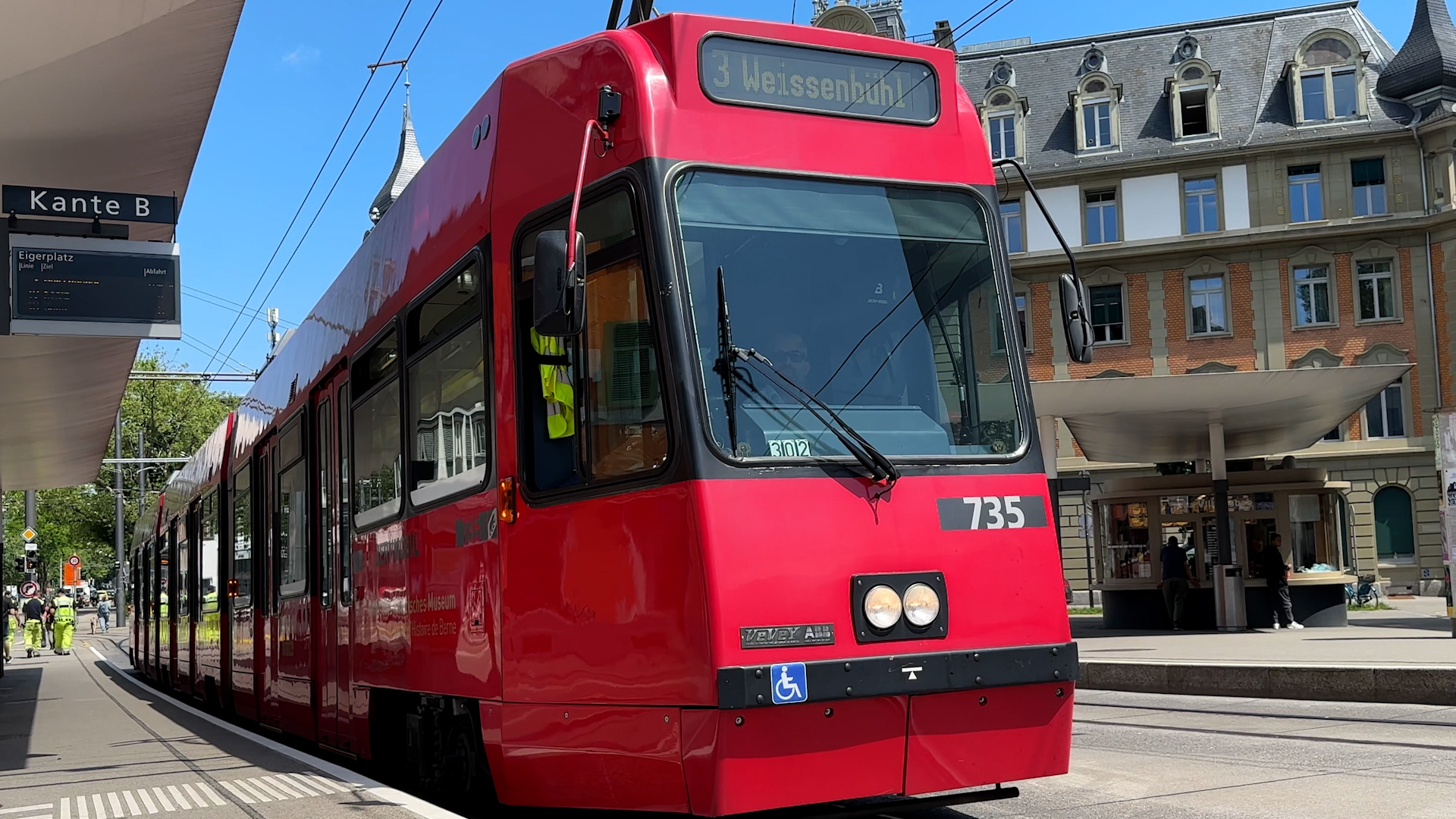


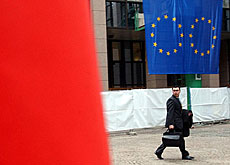
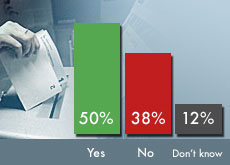

You can find an overview of ongoing debates with our journalists here . Please join us!
If you want to start a conversation about a topic raised in this article or want to report factual errors, email us at english@swissinfo.ch.